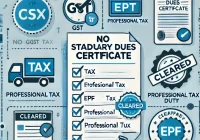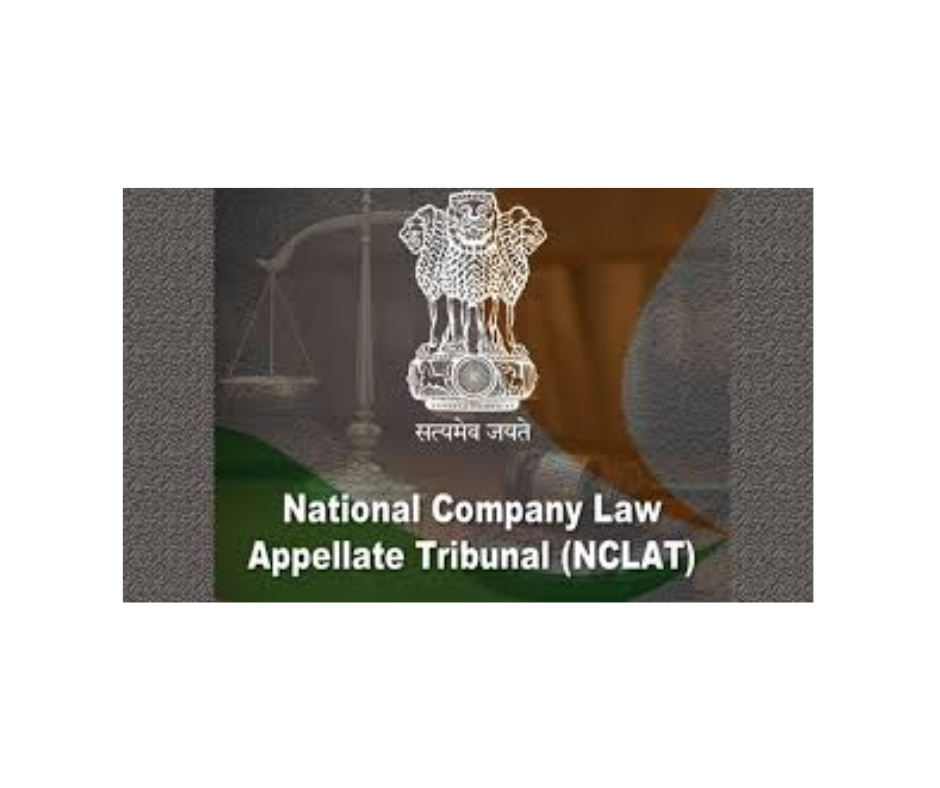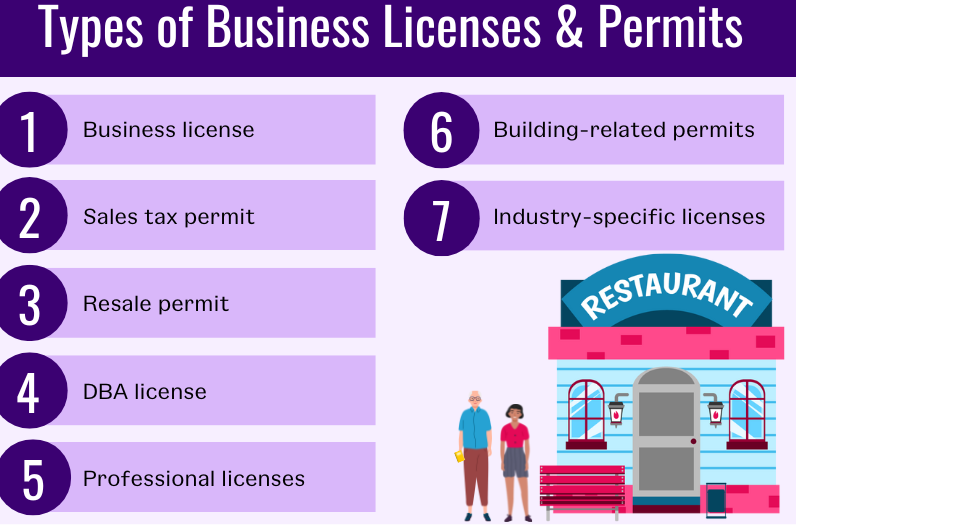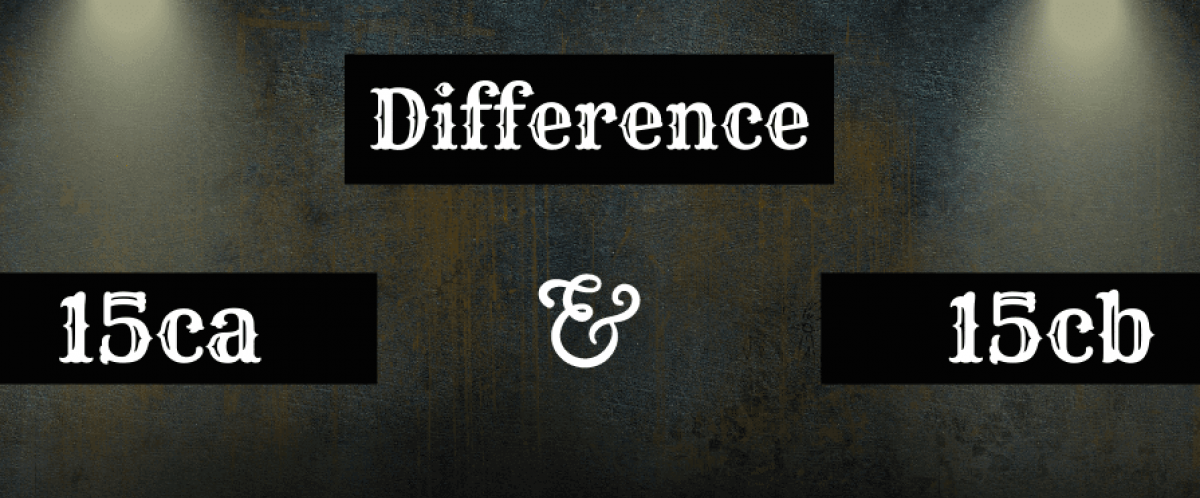Compliance Efficiency: How does account finalization impact tax reporting for Mall Owners?
Compliance Efficiency Compliance Efficiency, Account finalization refers to the process of completing and closing financial accounts at the end of a specific reporting period, usually a fiscal year. For mall owners, this has a significant impact on their tax reporting obligations. Let’s explore this in more detail: 1. Financial Reporting: Account finalization involves consolidating… Read More »









